Molecular Diagnostics
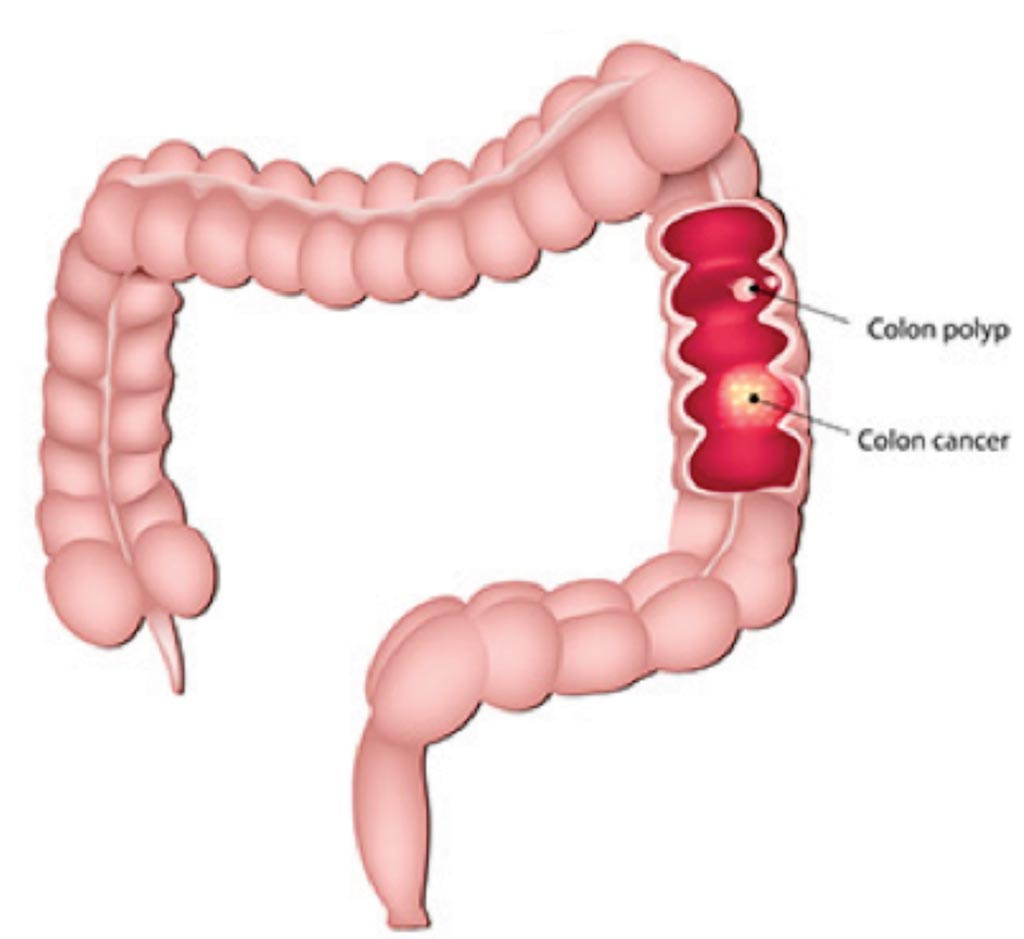
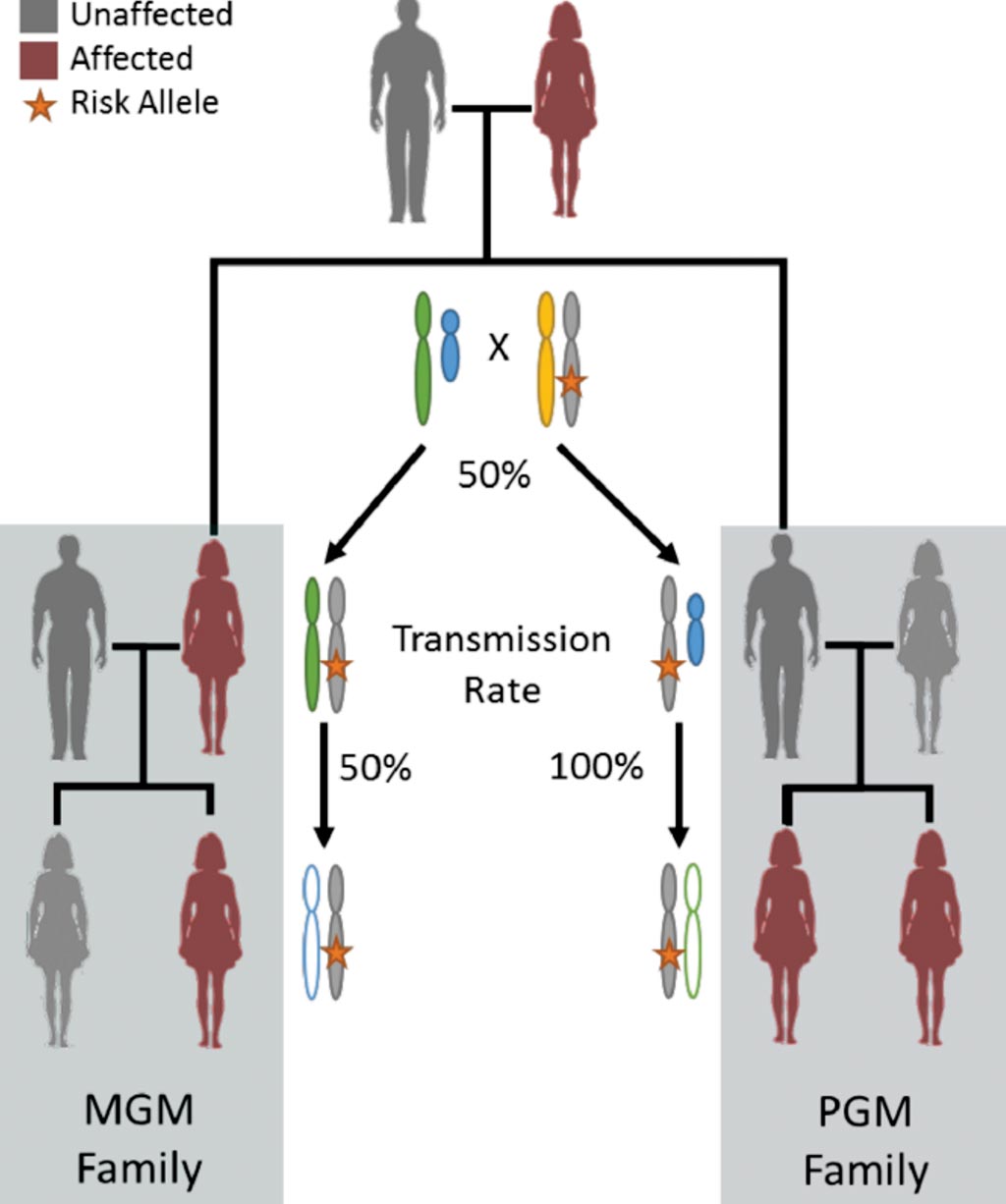
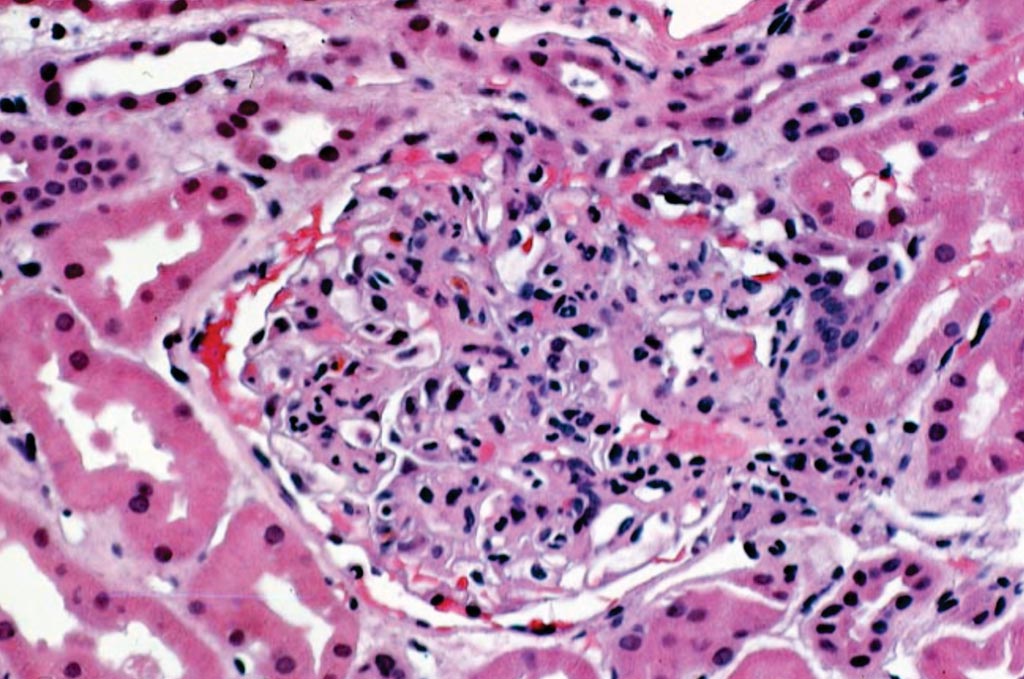
Kidney Biopsy Profiles Predict Delayed Graft Function
The probability of renal graft failure can be assessed for donor kidney biopsies through histological analyses; the potential for delayed graft function is not as easily determined by morphology alone, but could potentially be aided by molecular analysis. More...28 Feb 2018
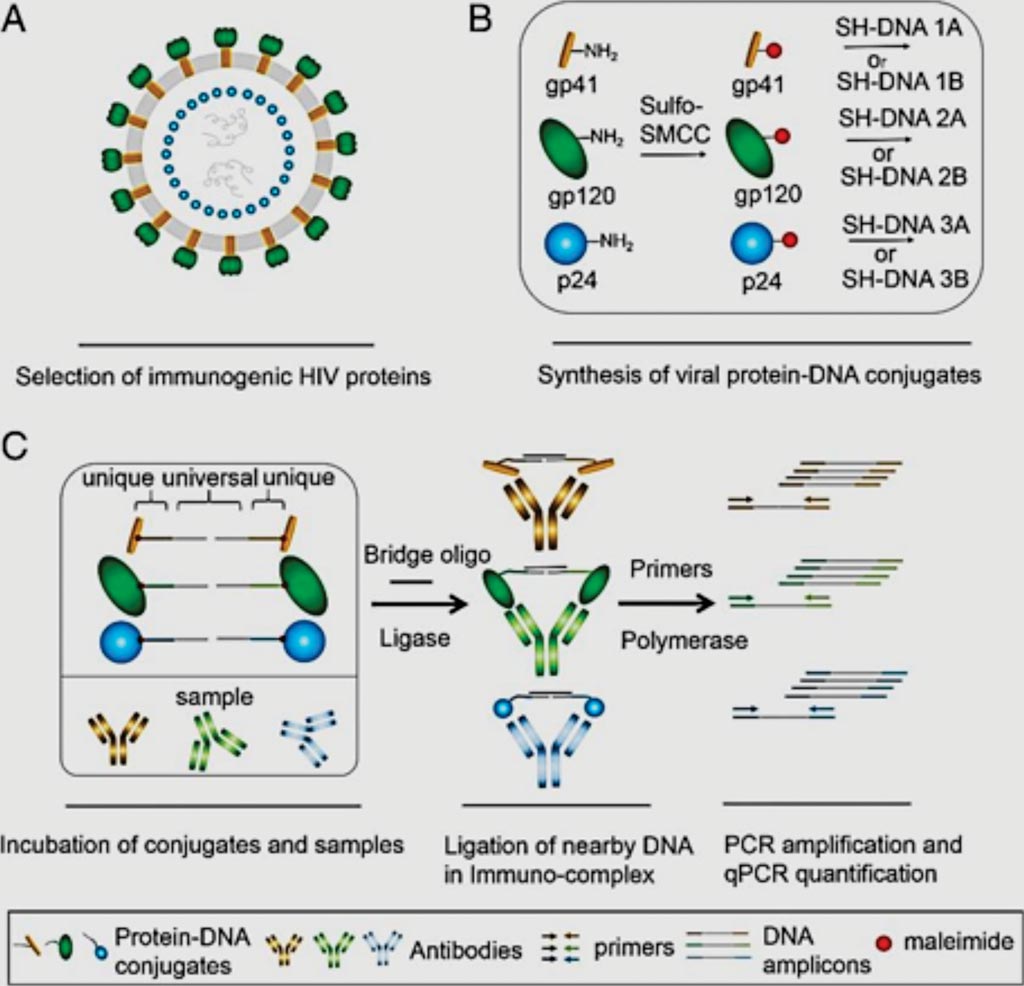
Novel Saliva-Based PCR Assay Detects HIV Antibodies Earlier
An oral fluid-based test for human immunodeficiency virus (HIV) shows promise as a population-based screening tool. According to its developers, the test is easier to collect than blood but yields results that are just as reliable. More...28 Feb 2018
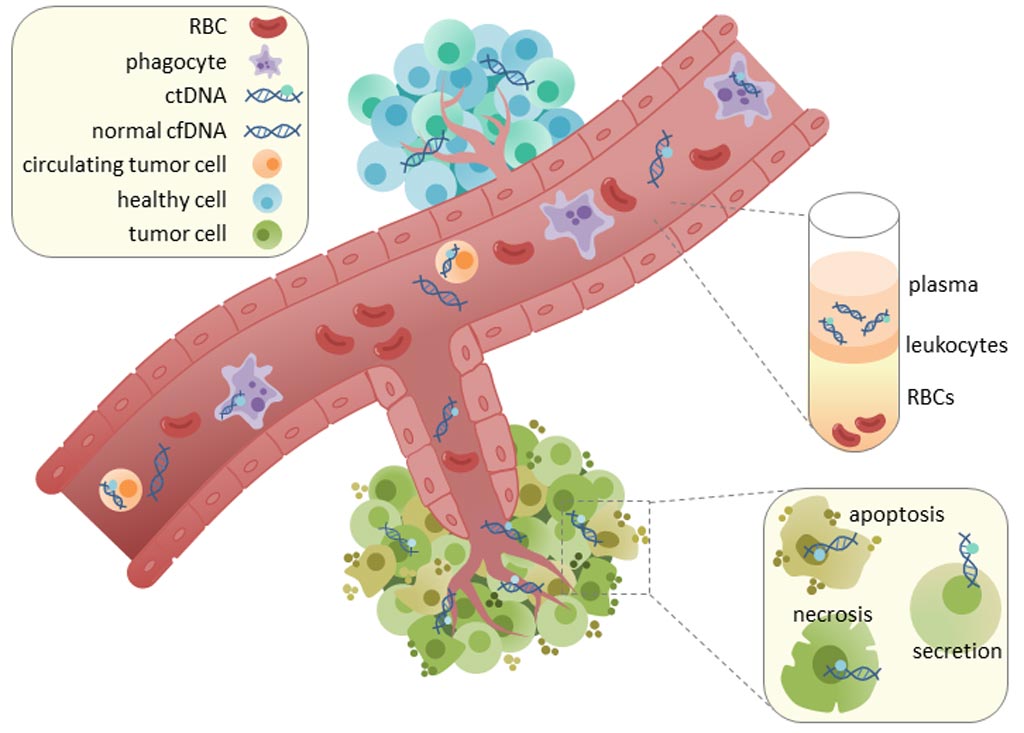

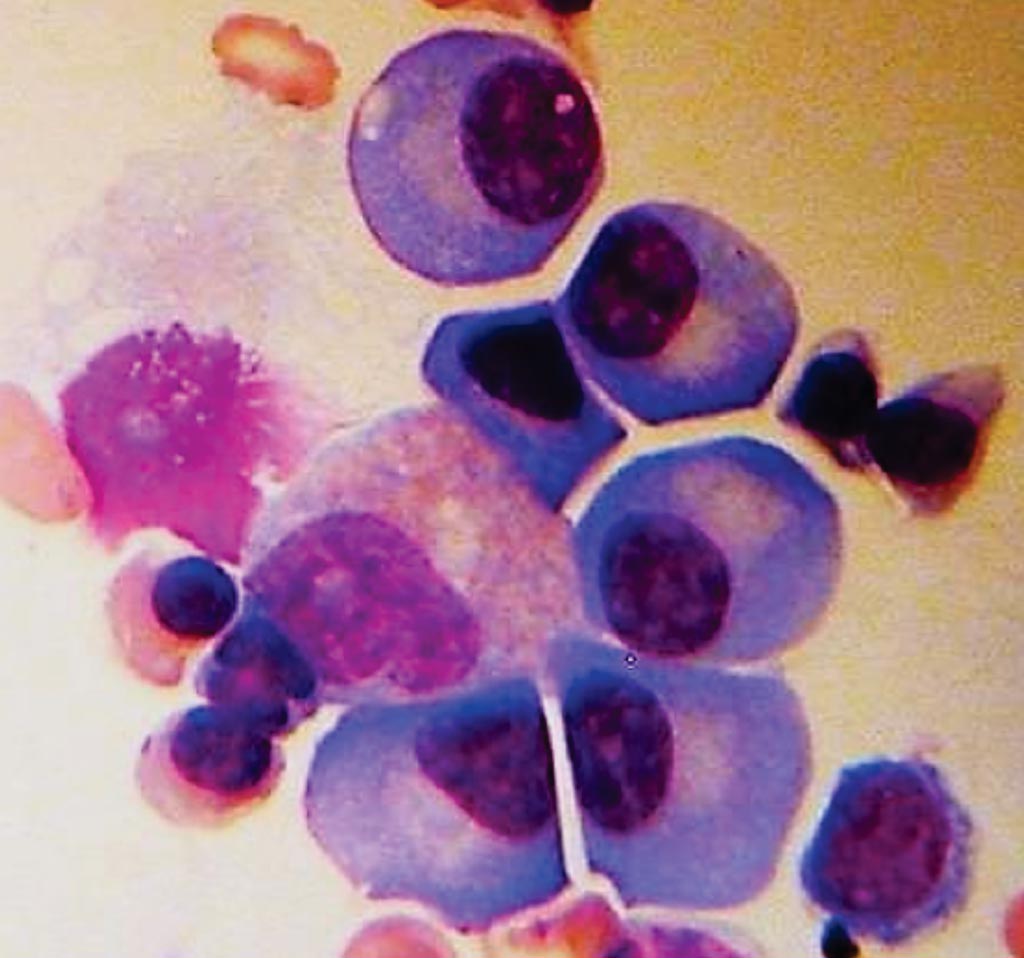
In Other News
Next-Gen Sequencing of CSF Diagnoses Neurobrucellosis
Molecular Test Adapted for Parkinson’s and DLB
Genomic Sequencing Augments Diagnosis of Lymphoid Cancer
Epigenetic Signatures Show Promise for Diagnosing Neurodevelopmental Disorders
Esophageal Cancer GWAS Leads to Risk Variants
Molecular Test Device Developed for RNA Viral Detection
HPV Found Hidden on Surface of Tonsils
Colorectal Cancer Immunohistochemistry Panel Launched
Bacteria Play Critical Role in Driving Colon Cancers
Residual Disease in Leukemia Patients Identified by ddPCR
Genetic Biomarkers Determine Risk of Developing Endometriosis
Analysis Offers Treatment Options for Olfactory Neuroblastoma
Mutation Found in Families with Contradictory Blood Sugars
Genetic Mutation Linked to Crohn's and Parkinson's Diseases
Immune Response Tests Enable Rapid Antibiotic Decisions
Lab-Developed Tests Compared with Approved Diagnostics
New Gene Variant Linked to Prostate Cancer
Liquid Biopsy Test Detects Eight Types of Cancer
Cancerous Tissue Analysis Introduced Using On-chip Technology
KRAS Mutations Revealed in Rare Brain Condition
Biomarkers Predict Prognosis in Alcohol-Related Cancer Patients
Improved Blood Stabilization Used for CTC Profiling
Multi-Gene Test Predicts Early Heart Disease Risk
Genetic Testing channel of LabMedica brings the latest in molecular genetics, cytogenetics, and epigenetics, and methods from PCR to FISH, and more.








 (3) (1).png)

